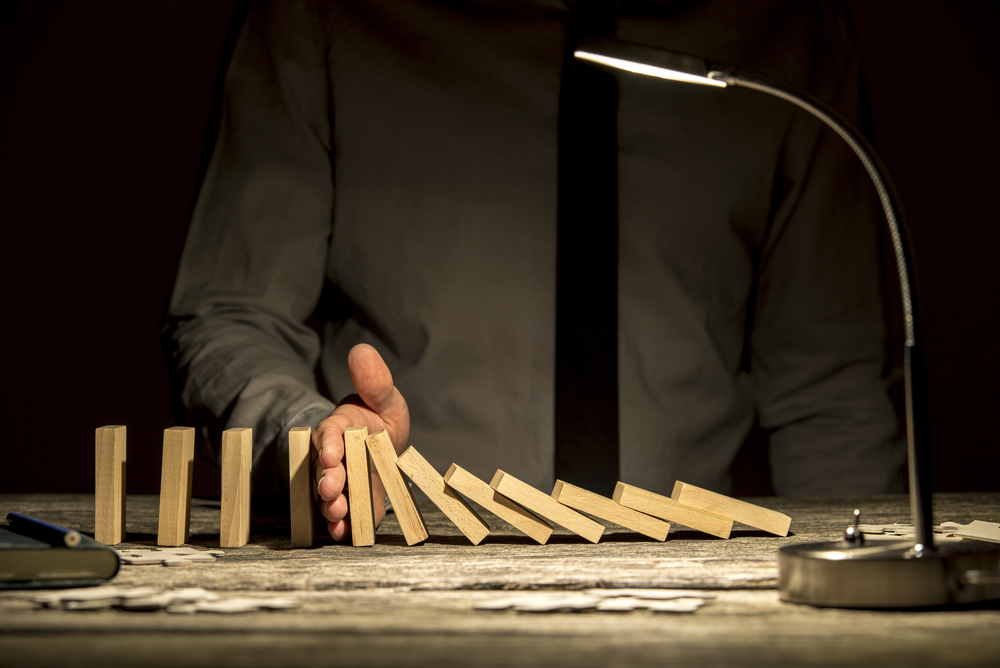It pains me to be dishing up another post about Paula Deen’s PR crisis. Deen’s rags-to-riches story and Southern-fried charm has won her many fans, including members of my own family. But her most recent controversy makes me wonder if Paula can recover.
It was bad enough that she hid her diabetes diagnosis for a full three years before cashing in with a Novo Nordisk endorsement. But this week, choice bits of Paula’s deposition in a discrimination lawsuit brought by a former manager of the restaurant owned by Deen and her brother were the topic of a media feeding frenzy. When deposed by the plaintiff’s counsel and asked if she’d ever used the “n-word”, Paula’s response was, “Yes, of course.”
“Yes, of course?” Really? Yet, Forbes contributor Jonathan Baskin calls this a non-event. He writes, “The idea that anybody would be surprised by this is hard to fathom.”
I beg to differ. Yes, I’m younger than Paula. And I was born and raised in Atlanta, which is far larger and more cosmopolitan than Albany, Georgia, Paula’s hometown. But the first time I heard the “n-word” used in casual conversation was when I visited a college friend from Connecticut at the age of 19, and her brother told an offensive joke. I was speechless.
Today, it’s hard to blame your upbringing for casual racism. But my personal perspective isn’t as relevant as Deen’s response to her reputation melting like a stick of butter. The real question is whether she can recover from the grilling, however deserved. So far, despite well-publicized objections by hardcore fans, it’s not looking good.
A bland and weak apology
After days of silence, Paula canceled her interview with Matt Lauer at the last minute and instead served up a weak apology PR response on YouTube. After an initial video that apparently didn’t pass muster (it was deleted) she posted a second video apology that was stilted and inadequate. Shortly afterward, The Food Network announced that it would not renew her contract.
If I were Paula Deen’s PR counsel, I’d urge her to dig more deeply. Though not perfectly analogous, actor Jason Alexander’s apology after he made gay jokes about cricket are an excellent model.
Deen was also the object of unexpected support from Bill Maher, who publicly wondered “if everyone who makes a mistake has to go away.” Maher was shouted down by his guest panel, but the point is that Deen could serve as a role model for others. If she can convey in a heartfelt and authentic way that she’s come to understand why her earlier attitudes and language are not only tasteless, but toxic, it just might be worth her public sauteeing.
Deen stands to lose millions in TV and endorsement fees, and it may be a case of just desserts. But every mistake is a lesson. Before her deposition, she was controversial because of her high-fat cooking, and she became a symbol of just-plain-folks, down-home indulgence vs elitist bicoastal attitudes about food and health. Now, she has a chance to tackle something more important.
Celebrity is powerful, and I’d like to think that Paula Deen’s crisis can somehow be a recipe not just for her recovery, but for a larger-than-life personality to use her notoriety to educate others. Paula should face the media, make an honest apology, and commit herself to changing not just her own attitude, but those of her contemporaries and their elected representatives. There’s still plenty of work to be done. What she offers over the next weeks and months will be more significant, and potentially healthier, than anything cooked up in her Food Network career. We’ll be watching.
